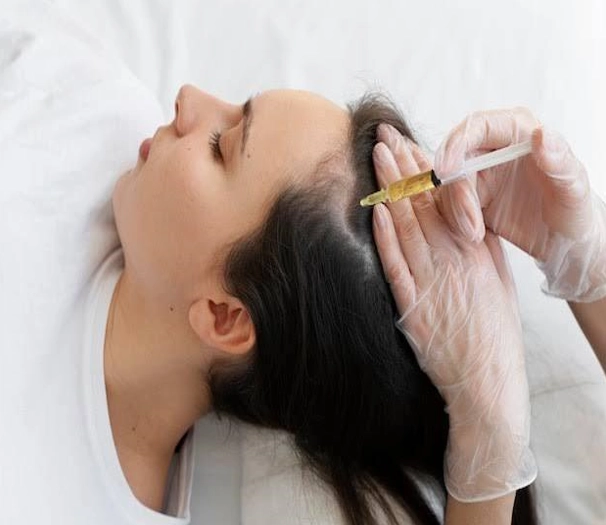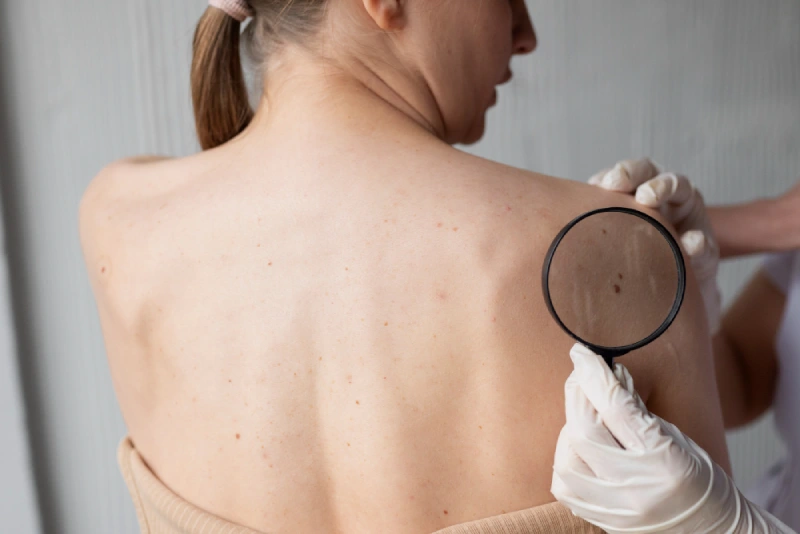What is Psoriasis?
Psoriasis is a chronic, autoimmune disease that appears on the skin. It is characterized by red, scaly patches that can be itchy and painful and are often a source of embarrassment for those who have them. Many people are affected by psoriasis, and there is no cure. However, there are treatments that can help to control the symptoms.
What Causes Psoriasis?
The exact cause of psoriasis is unknown, but it is thought to be related to a problem with the immune system. In people with psoriasis, the immune system mistakenly attacks healthy skin cells. This leads to the overproduction of skin cells, which results in the characteristic red, scaly patches.
Who Is at Risk for Psoriasis?
Psoriasis can affect anyone, but there are certain factors that may increase your risk. These include:
– Family history: If you have a family member with psoriasis, you are Psoriasis is thought to be caused by an overactive immune system.
Types of Psoriasis
There are different types of psoriasis such as: plaque psoriasis, guttate psoriasis, inverse psoriasis, pustular psoriasis, and erythrodermic psoriasis. Plaque psoriasis is the most common type, characterized by raised, red patches covered with a white buildup. Scratching or picking at the psoriasis can cause the patches to bleed. Guttate psoriasis is characterized by small, water-drop-shaped sores.
Inverse psoriasis appears as red, shiny patches in areas where skin folds. Pustular psoriasis causes white blisters of noninfectious pus surrounded by red skin. It can be widespread or limited to certain areas of the body.
Erythrodermic psoriasis is a severe type that covers most of the body with a red, peeling rash that can be painful and itchy. This type of psoriasis can also lead to serious health problems such as pneumonia and congestive heart failure.
What Causes Psoriasis?
The exact cause of psoriasis is unknown, but it is believed to be caused by an overactive immune system. In people with psoriasis, the immune system mistakenly attacks healthy cells on the skin. This causes the skin cells to grow too quickly, leading to patches of psoriasis.
Psoriasis can also be triggered by certain medications, infections, stress, and injury to the skin.
How is Psoriasis Treated?
There is no cure for psoriasis, but there are treatments that can help lessen symptoms and keep the disease under control. The most common treatments for psoriasis include:
-Topical creams and ointments: These are applied directly to the skin and can help to reduce inflammation, itching, and redness.
-Oral medications: These are taken by mouth and can help to reduce inflammation throughout the body.
-Light therapy: Also called phototherapy, this treatment involves exposing the skin to ultraviolet light. Light therapy can be done in a doctor’s office or at home using a special lamp.
-Lifestyle changes: Taking care of your skin, managing stress, and eating a healthy diet can all help to reduce psoriasis symptoms. Some have found that removing gluten from their diet can help to improve psoriasis symptoms. There is no scientific evidence to support this claim, but it may be worth trying if other treatments have not been effective.




